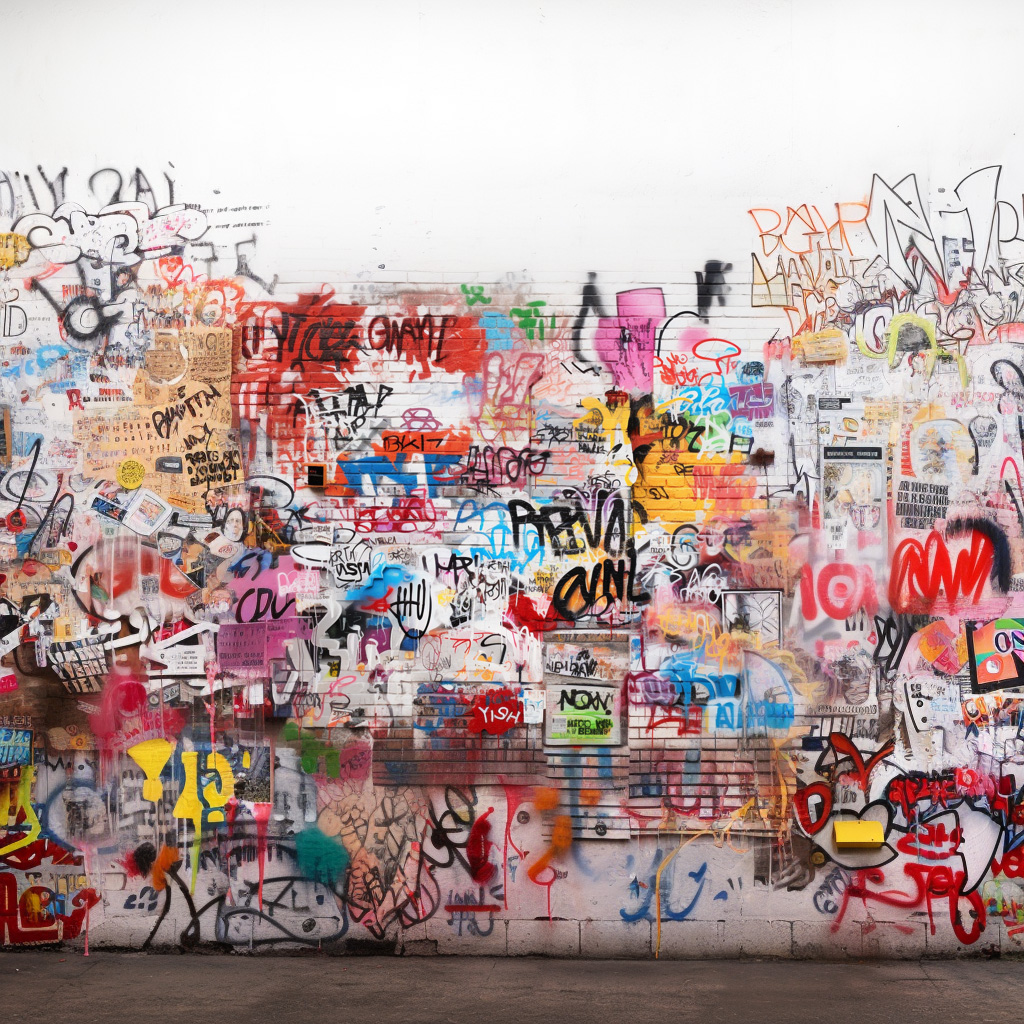In this time of great distress
The book of Revelation is a profound example of resistance literature.
The author, a disciple named John, is responding to a crisis: the severe persecution of the Church in the late first century. He himself is in exile, in Patmos, a Roman penal colony and island located between Greece and Turkey. The vision John receives and shares with us assures us that God has already triumphed, and will triumph, over the forces of evil. Revelation is a book of hope and consolation and challenge for believers to remain faithful – as God is faithful – to the end.
The book of Revelation begins with a blessing, a special message for all of us: “Blessed is the one who reads aloud this prophetic message, and blessed are those who listen to it and heed what is written in it, for the appointed time is near.” (Revelation 1:3)
This reading from Revelation refers to “the time of great distress.” We live in this time. Previous generations have too, but we can certainly claim it.
I’ll suggest a few signs of this “great distress,” but I also invite you to think about this reality from your own perspective and social location. A few examples: climate change and ecological destruction; mass migration and forced displacement (now involving 250 million people globally); violent conflicts and even the increasing threat of nuclear war; and the widespread presence of sexual violence, from body shaming to sexual harassment to rape, especially against women and girls.

The statistics are harrowing. I’ll offer one as an example. How many girls alive today have experienced forced sexual acts? According to United Nations, 120 million girls. The #MeToo campaign has effectively spotlighted – in a personal and compelling way – how sexual violence affects those closest to us: sisters, daughters, friends and colleagues.
“It is the time of great distress.” I have named a few examples. There are many more.
I invite you to consider: What parts of the “great distress” touch your heart, your conscience? Whose cries do you hear?
In Revelation, the destructive forces are symbolized by the four winds. We need no such symbol today. We know that this time of distress is our own making.
In Revelation, the great multitude cries out “Salvation comes from our God and from the Lamb.” Our hope is in God. And God has mercifully shown us the path of salvation: it is the way of the Beatitudes.
How must we walk together in the time of great distress? To be poor in spirit, meek, merciful, and clean of heart. To mourn, to hunger and thirst for righteousness, to make peace. It sounds like more resistance literature in our time of crisis.
The saints walk this path. Some are canonized, many others unrecognized, even more living among us. I invite you to consider: Who is a saint in your life – among the living or the dead – who has taught you the path of the Beatitudes, and how to live as a faithful disciple amid the great distress?
John describes these saints as a “great multitude,” too numerous to count, “from every nation, race, people and tongue.” They “wear white robes,” and their foreheads are “marked with a seal.” The seal is a mark of property, of belonging, and of protection.
We are among this multitude. We come from many nations. In our baptism we are marked with the sign of the cross; our heads are anointed with chrism, the oil of salvation; and we are “robed in white” as a sign of our Christian dignity. In our baptism God claims us, we become children of God (1 John), and we belong to God. And each time we share in the Eucharist, we too are “washed in the blood of the Lamb.” We are made one in Christ.
So, in this time of great distress, let us always remember our identity as children of God, sinners loved by God, called to walk the path of the Beatitudes, knowing we are among saints who cheer us on (Hebrews 12:1). This is the path of resistance that we walk together.
Note from the editor: This blog post is a version of a homily that Father Luke Hansen, SJ, preached October 31, 2017 (Vigil of the Solemnity of All Saints) in Rome.
ABOUT THE RABBLE ROUSER
 Originally from Kaukauna, Wisconsin, Luke Hansen, SJ, has been a friend of Sister Julia’s since 2004 when they met at an airport on their way to serve in the Jesuit Volunteer Corps in California. Passionate about justice and peacemaking, much of his experience in ministry has been centered on serving adults and adolescents who are incarcerated. He now is studying in Rome at the Pontifical Gregorian University. (Photo credit: www.jesuits.org)
Originally from Kaukauna, Wisconsin, Luke Hansen, SJ, has been a friend of Sister Julia’s since 2004 when they met at an airport on their way to serve in the Jesuit Volunteer Corps in California. Passionate about justice and peacemaking, much of his experience in ministry has been centered on serving adults and adolescents who are incarcerated. He now is studying in Rome at the Pontifical Gregorian University. (Photo credit: www.jesuits.org)



